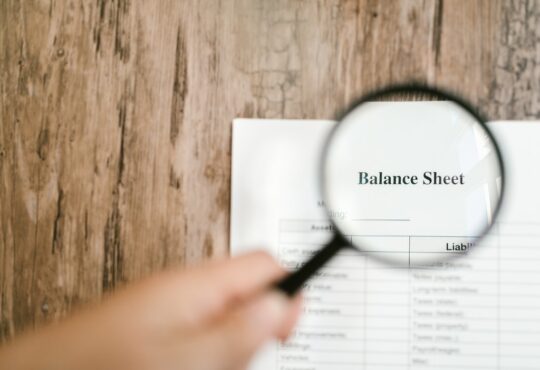
A personal loan helps you borrow a certain amount of money from a bank or credit union without declaring the specific purpose for which you require the money. The best part about personal loans is that there’s no collateral involved, which means, unlike in the case of a car loan or a mortgage, you don’t have to pledge your assets to take the loan.
Terms You Need to Know
Some of the standard terms associated with personal loans are:
– Principal: This is the amount of money you borrow from the lender. You’ll need to pay interest on this sum.
– Interest: When you take a personal loan, you have to repay the principal with an additional monthly charge called interest.
– APR: APR stands for Annual Percentage Rate. When you borrow any type of loan, the lender, in addition to the interest, will charge you some additional fees. The APR, thus, includes both the interest rate and the lender’s charges or fees.
-Term: The number of months or the period during which you have to repay the loan in full is called the term.
– Unsecured loan: Personal loans are unsecured loans, as you do not have to provide any collateral for the same. A personal loan is wholly dependent only on the borrower’s credit standing.
How to Apply for a Personal Loan
First, you will need to do a thorough deep dive into your credit report and credit score. Checking your credit report will never affect your credit scores. Once you ascertain that your credit report is free of errors, you can apply for a personal loan through any financial organization such as a bank, credit union, or even an online lender.
Keep in mind that when you apply for a personal loan, the lender makes a hard inquiry into your credit standing – this will affect your credit score. So, it’s best that you take some time to research and then apply for one or two loans that suit your requirements rather than apply to multiple lenders at the same time.




